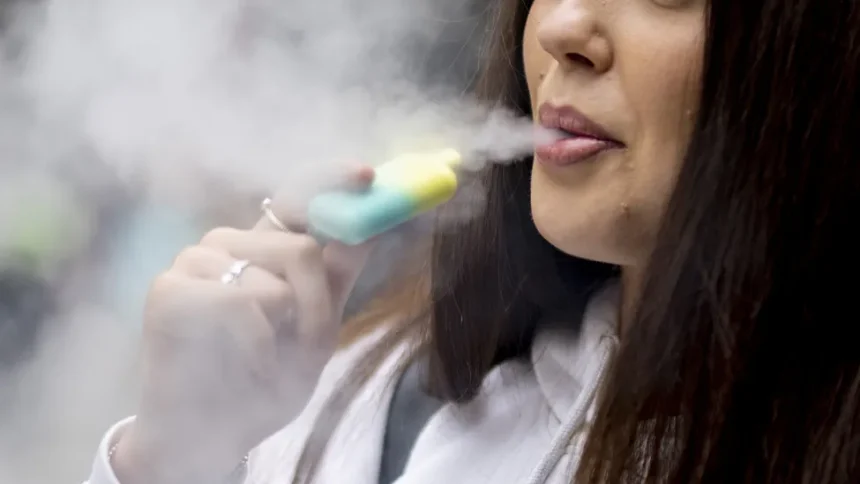Vaping items are currently liable to VAT; but, in contrast to tobacco products, they are not also subject to a specific charge.
In order to keep vaping more affordable, the Budget may possibly raise tobacco taxes.
Ministers worry that vaping devices are increasingly accessible to youth and nonsmokers due to their comparatively low cost.
During the King Speech in November, the government initially said that it was thinking of imposing a vaping tax, noting a “significant differential” with the tobacco tax.
The Times, which broke the story first, said that the new tax will be applied to vape liquid, with higher tax rates to goods that contain more nicotine.
According to a Treasury analysis, the increased tobacco duty and the new vaping tax may eventually bring in about £500 million annually.
As part of the Autumn Statement last year, the separate tobacco product tax was increased by 2% over the rate of inflation. Official economic forecasts predict tobacco duty will raise £10.4bn this year, driven by the higher rate.
20% VAT is applied to vaping items and non-tobacco nicotine; e-cigarettes that are classified as medications are subject to a lesser 5% tax.







